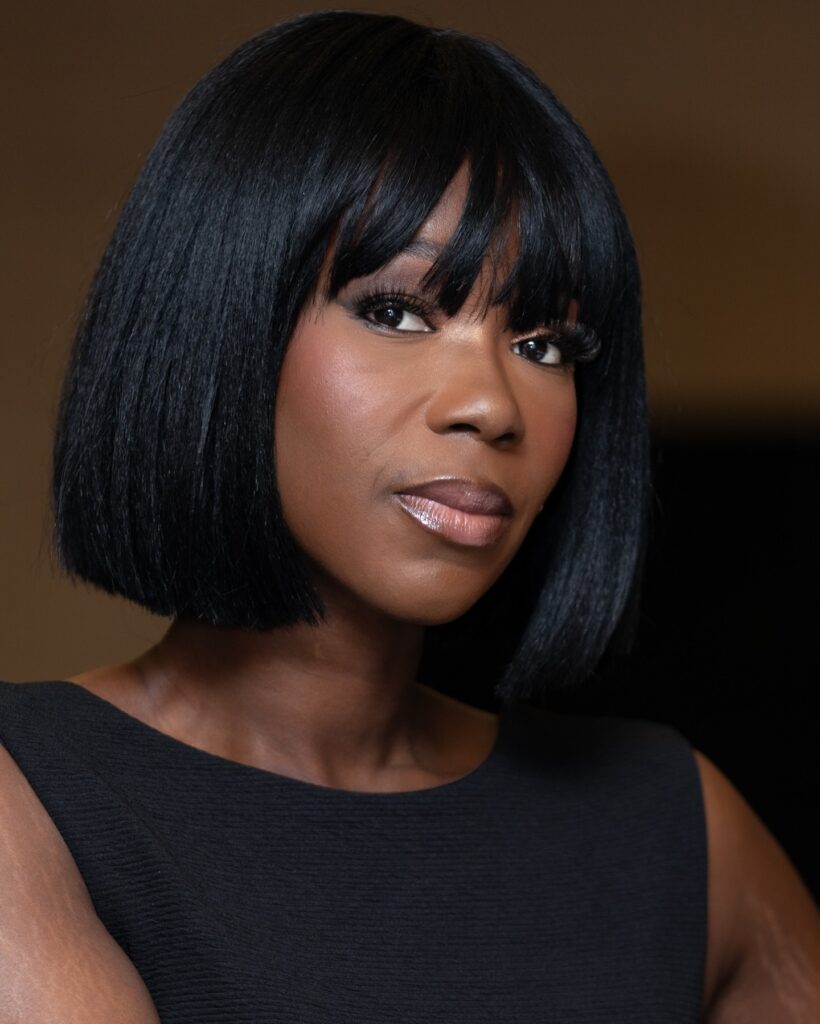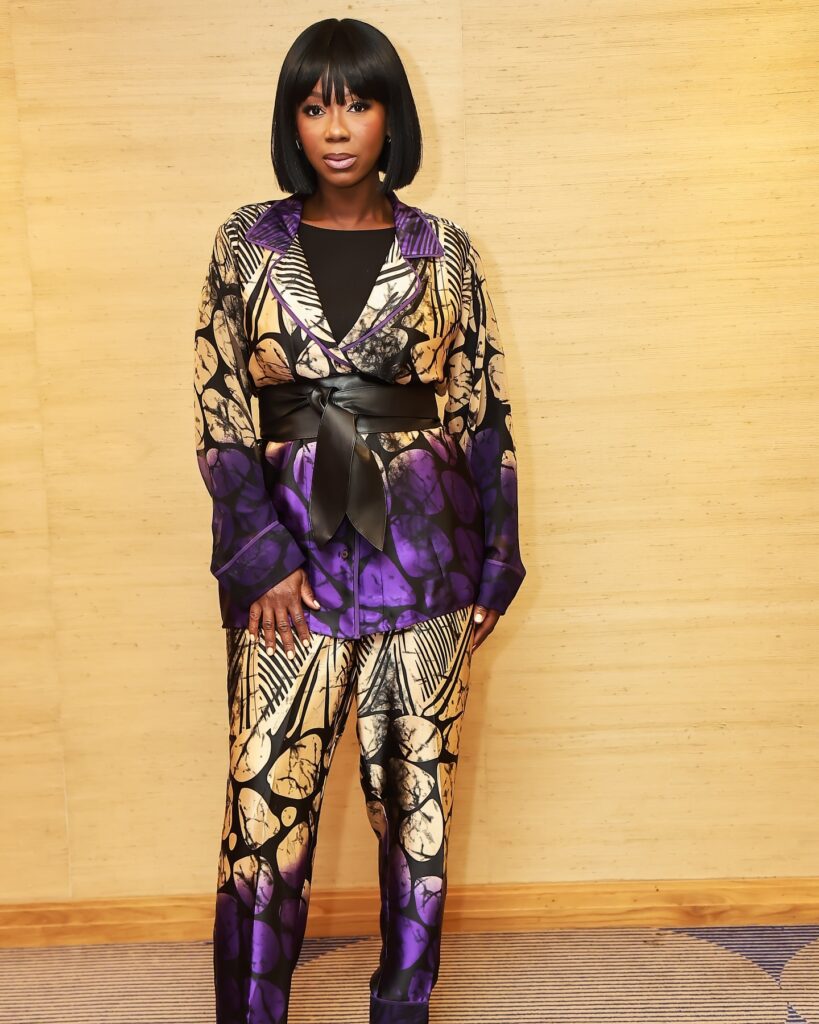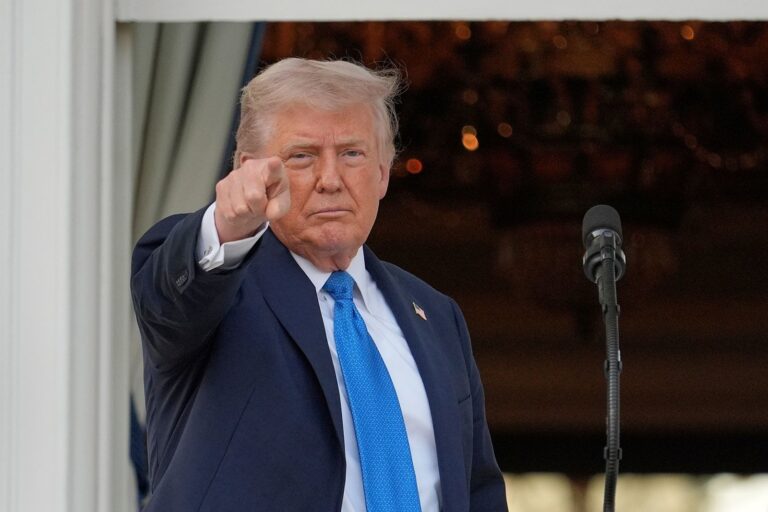Award-winning Ghanaian actress and filmmaker Ama K. Abebrese has strongly condemned local television stations for illegally broadcasting Ghanaian films, stating that such actions are crippling the nation’s already struggling movie industry.
Appearing on UTV’s United Showbiz, Ama K. passionately recounted a personal experience in which her critically acclaimed film, The Burial of Kojo, was aired on television without permission, just a month after its exclusive premiere on Netflix in 2019.

“We struggled to make that movie. We didn’t have money, so we raised funds through Kickstarter,” she explained. “Then a TV station showed it without asking us. When I called to complain, the person acted like they didn’t know anything. Then they blocked my number.”
The actress did not name the offending station but emphasized that this issue is not new. She revealed that since 2012, while working at Viasat 1, her team encountered similar problems. Despite paying for the rights to broadcast internationally licensed content such as Harry Potter, other stations would unlawfully air the same films without authorization.
“This has been happening since 2012. Nothing has been done. Some people think they can do anything because they know people in power,” she lamented, calling out the culture of impunity and lack of enforcement of copyright laws in Ghana.
Ama K. also highlighted the undermining of the creative arts in Ghana, asserting that the industry is often dismissed as mere entertainment, rather than being recognized as a legitimate source of livelihood and national development.

“In Ghana, the arts are seen as just entertainment. But this is our work, our lives,” she stressed.
The actress issued a stern warning that if piracy continues unchecked, and authorities fail to enforce existing laws, the Ghanaian movie industry will face further collapse.
“People say the Ghana movie industry is dead. But it’s not just because of lack of support — it’s also because of piracy. We’re killing our own industry. We are our own worst enemies,” she added.
Her remarks have since sparked a renewed debate about copyright enforcement, creative rights, and respect for intellectual property within Ghana’s entertainment space.

Ama K’s outcry is seen as a call to action for stakeholders, including filmmakers, government agencies, and broadcast regulators, to protect creative works and restore dignity to the Ghanaian film industry.
The piracy issue she raised underscores a broader problem in the country’s media landscape: the absence of accountability and the need for structural reforms. As Ghana aspires to become a hub for African cinema, voices like Ama K. Abebrese’s are crucial in advocating for lasting change that safeguards artistic innovation and economic sustainability.




